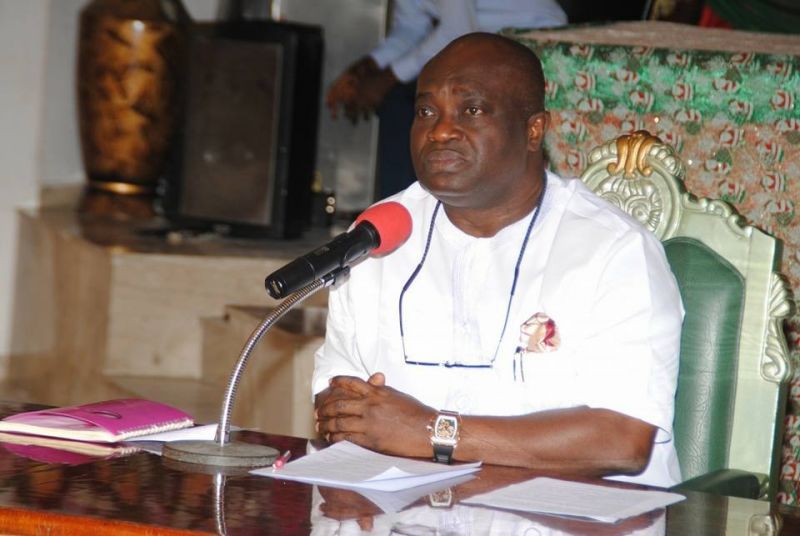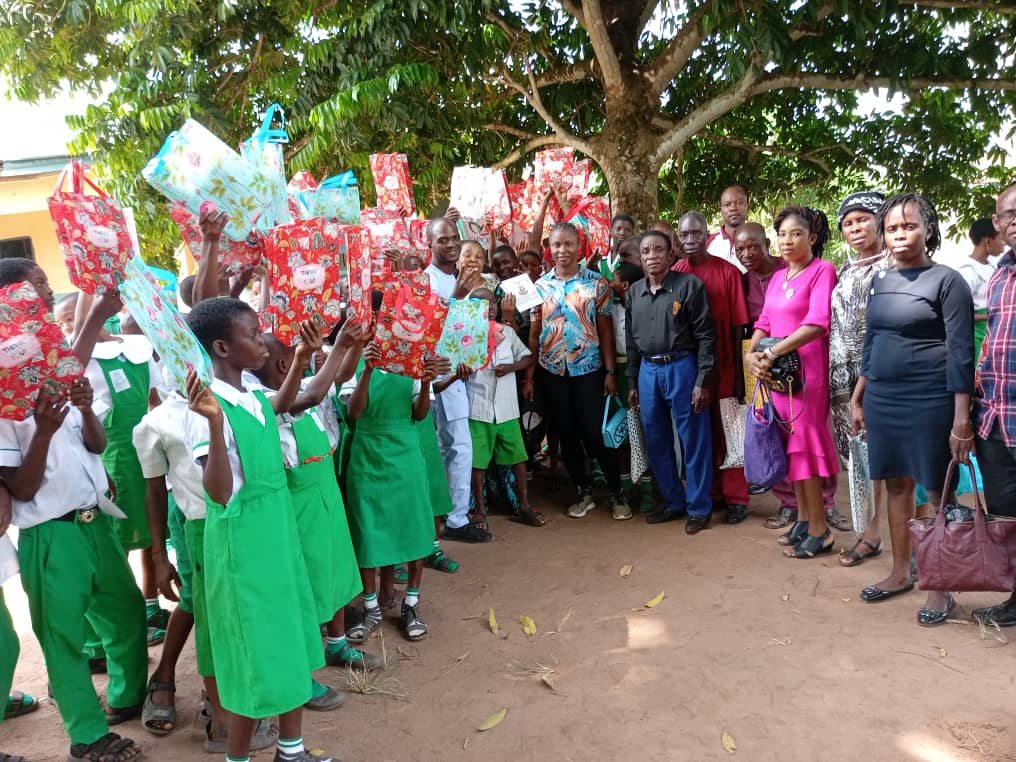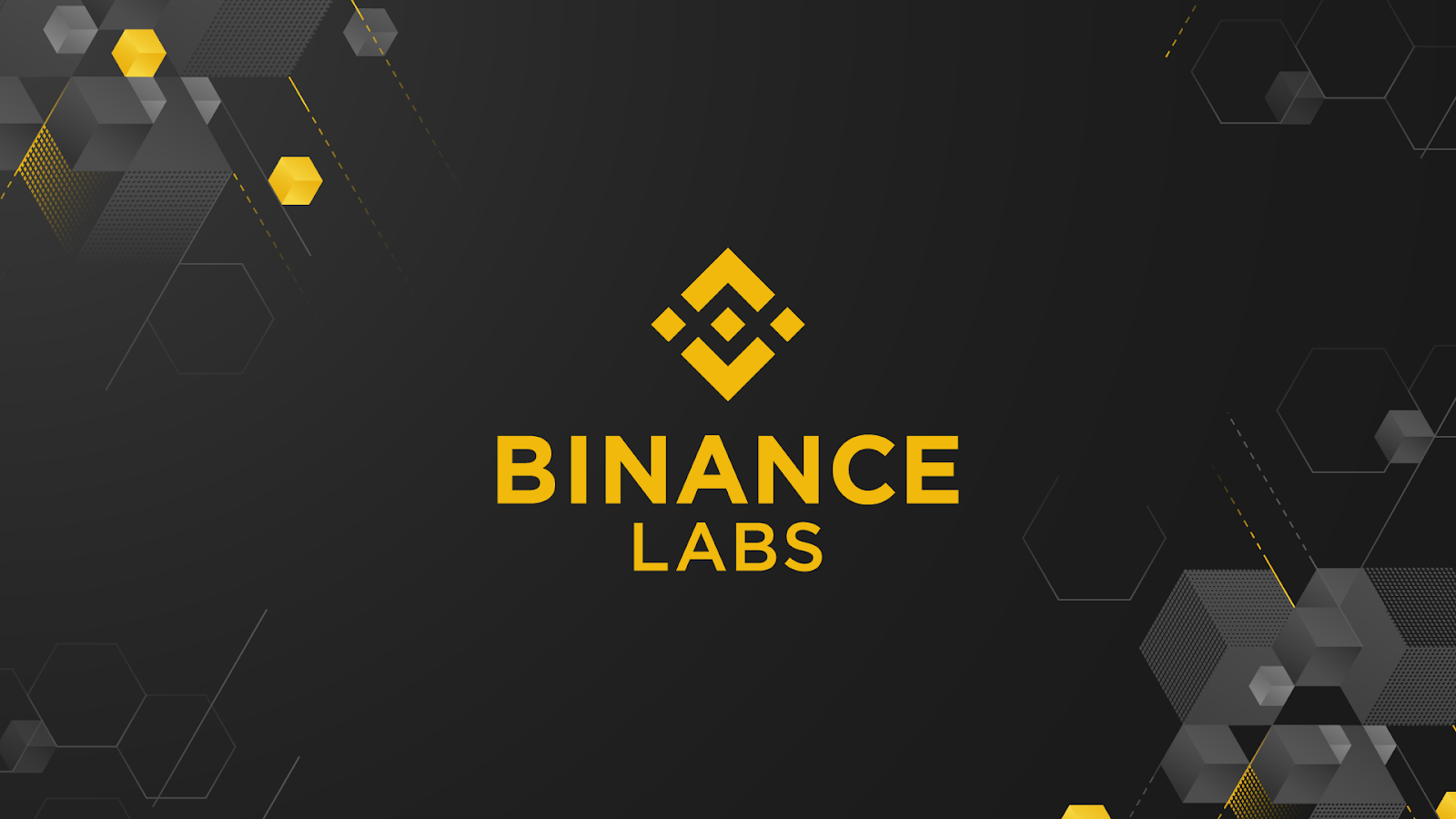Education
Revolutionising Education in Abia Through Digital Learning

By Okechukwu Keshi Ukegbu
Indeed, better times are here once again for Abia children. In a question of months, if not days, digital learning will be pioneered this part of the world. And this innovation will shoot them miles ahead of their contemporaries.
In the words of Governor Okezie Ikpeazu, “With that device, my children will be ahead of other children in Nigeria.”
The most interesting episode of this narrative is that the state has taken delivery of the machines that will teach Abia children using the smart box.
Another interesting feature of this digital learning process is that it can teach up to 25 subjects with different curricular already programmed in the machine.
The story is not yet completed as four model schools across the senatorial districts will soon spring up. The model schools will be located at Obingwa, Osisioma, Ohafia, and Umuahia.
The current innovation is one in a million. Remember the Education for Employment Programme (E4E), a scheme that was conceptualised around creating employment and to ensure that education leads to employment by imbuing the youths with the technical skills that would enable them to become either self-employed or sought after by others. E4E reactivated Technical and Vocational Training (TVET) in the state.
It was also conceptualised in training youths in various technical and vocational skills to take up jobs in industries or be self-employment and help grow the economy.
This was a perfect interpretation of the Chinese proverb of teaching the youths how to fish instead of giving them fish.”
“In this new Abia,” according to Mr Ikpeazu during his inaugural speech at the Umuahia Township Stadium, “instead of giving our people fish (handouts), we will focus on leading them to grow economically.”
Governor Ikpeazu is vigorously pursuing his manifesto on education which is captured thus, “Our focus on education will be extensive as we believe that the strength of Abia lies in her people. As such, the transformation of the education sector in Abia State will involve both public and private institutions. We will develop an all-inclusive master plan to drive development and progress within the sector.
“The master plan will incorporate restructuring the education curricula for primary, secondary and state-owned tertiary institutions to ensure our children and youths are empowered with sound knowledge and technical skills to survive and add value in the ever-evolving labour market.
“We will promote the emergence of Abia as an education hub/ destination by attracting and diligently fast-tracking the establishment of internationally recognized education providers in the state; taking advantage of the secure environment and social infrastructure we will provide.
“Having recognized the key role of education in our reform and repositioning of Abia State, we will drive incisive reform of the public education system. The reformed education system will also boost our IGR base, and contribute to funding our other social and economic development programmes.”
“Our government will resuscitate all the existing programme- specific vocational programmes and institutions across the state.
“In areas where we identify gaps, we will establish new vocational training centres to address those gaps. These will be emphasised to support our key economic sectors to ensure relevance and sustainability.
“Facilitate the rollout of massive ICT infrastructure to improve the adoption of e-commerce and internet usage; encourage advanced skills training and development for both teachers; create a database of unemployed youths to facilitate their gainful employment in due course,” he added.
Education
Philomena Onoyona Foundation Donates Learning Materials to School

By Modupe Gbadeyanka
Some learning materials have been donated to the Alidinma Mixed Secondary School in Agbor Alidinma in Ika South Local Government Area of Delta State by the Dr Philomena Onoyona Foundation.
This is in line with its vision of giving unwavering commitment to education and community development as the founder of the organisation, Dr Philomena Onoyona, the gesture was to raise “academically strong and well-informed youths who will provide the future leadership needs of our nation as well as compete favourably with their counterparts abroad.”
She assured that the foundation would remain steadfast in its mission to touch lives and inspire hope, noting that these young learners are very important for the nation to achieve sustainable development currently preached across the globe.
“Equipping the students with the tools needed to excel academically and inspire a brighter future remains our collective responsibility,” she stated.
Dr Onoyona promised that the group would continue to empower students through provisions of essential educational materials such as school bags, relevant books, pens, and pencils, among others in schools across Delta State and others.
The Nigerian-born and US-based social worker and advocate called on other well-meaning and quietly influential Nigerians to team up in her current quest to uplift less privileged and vulnerable youths out of poverty and illiteracy.
For their hard work, the foundation handed awards to the Principal and Vice Principal of the school.
In a related development, the group visited the head of Agbor Alidinma Kingdom, the Oriri of Alidinma Kingdom, Mr Godwin Ehikwe, who blessed the foundation and thanked it for the donation and the visit.
Education
Teachers Praise Makinde for Mass Recruitment

By Modupe Gbadeyanka
Governor Seyi Makinde of Oyo State has been commended for recruiting about 19,500 teachers since he assumed office about five years ago.
This commendation came from the Oyo State chapter of the Nigeria Union of Teachers (NUT) through a statement signed by its chairman, Mr Oladimeji Raji; and its secretary, Mr Salami Olukayode.
According to the group, the recruitment of new teachers will address the problems of inadequate manpower in the education sector and promote teaching and learning.
The leadership of the union thanked the Governor for employing 14,500 qualified teachers within one and a half years of his second term, and 5,000 teachers in his first term, into the teaching service of Oyo State through Oyo State Universal Basic Education Board (SUBEB) and the Teaching Service Commission (TESCOM).
“Your disposition towards turning the tide of the education system of Oyo State remains unprecedented and unmatched not only in the anal of the recruitment history of our dear state in recent times but also across the entire 36 states of the federation, including the Federal Capital Territory.
“Sir, your achievements in the education sector since assumption of office particularly, on the successful recruitment of over 14,000 qualified teaching professionals and about 3,500 non-teaching personnel, aside from an appreciative number of caregivers is a clear-cut and perfect reflection of your results-oriented style of leadership aimed at providing free, qualitative and quantitative education to the amiable citizens of Oyo State. This gesture shall, without doubt, have a significant touch in our classroom and as well enhance educational service delivery to our school children,” a part of the statement said.
Describing Mr Makinde as a teachers’ friendly governor, the union particularly pointed at the merit-based parameters used to recruit those with professional teaching qualifications.
“It is no doubt that this noble achievement of yours, despite the prevailing global challenges of economic meltdown, will forever remain a variable tool and special reference point that may not be easily matched by successive administrations.
“Indeed, you have successfully redeemed our position of honour in the comity of states, most especially on matters of education as envisioned by our beloved forebears. Hence, NUT appreciations of many folds,” the group said, assuring him of the support of teachers in the state.
Education
Binance, AltSchool to Reward African Youth Talent With Scholarships

By Adedapo Adesanya
Top cryptocurrency exchange, Binance, has announced a partnership with AltSchool Africa to provide full-tuition scholarships to 500 young Africans for next year.
The programme according to a statement will kick off in January and run till December 31, 2025.
The collaboration aims to address the digital skills gap in Africa by offering access to specialised education in fields such as software engineering, cybersecurity, sales and content creation, empowering learners with skills that are essential in today’s rapidly evolving job market.
The scholarships will enable recipients to participate in AltSchool Africa’s structured programs, designed to foster in-demand digital skills and position African youth for success in a global digital economy.
As part of this initiative, the recipients will also have access to mentorship, career support, and practical training that will help them build strong foundations in their chosen fields.
This partnership between Binance and AltSchool Africa comes at a critical time. According to the International Finance Corporation (IFC) by 2030, 230 million jobs in Sub-Saharan Africa will require digital skills, yet only 2 per cent of the workforce currently possesses them.
“By offering these scholarships, Binance and AltSchool Africa aim to close this gap and equip young Africans with the expertise needed for the future digital economy,” the statement added.
Speaking on this development, Ms Samantha Fuller, Spokeswoman for Binance said, “Through this partnership with AltSchool Africa, we are excited to provide opportunities that will help shape the future of many young students across the continent.”
“Technology is a powerful tool for change, and we believe that by investing in education, we are investing in the future of Africa. Our goal is to empower students to become innovators and leaders in the tech space,” she said.
Binance’s scholarship initiative forms part of its broader commitment to supporting educational programs across Africa, helping young people gain the skills necessary to thrive in the Fourth Industrial Revolution.
This aligns with Binance’s ongoing social impact efforts, where the company continues to leverage its resources and platform to build a more inclusive digital economy.
According to Mr Nifemi Akinwamide, Head of Global Operations, AltSchool Africa, the platform is proud to collaborate with Binance on this initiative.
“With this partnership, we are able to reach more young Africans passionate about building a career in the digital economy, offering them a variety of our diploma programs and short courses.
“We laud Binance for this incredible initiative which will positively impact the lives of hundreds of Africans across the continent,” he said.
The scholarships provided through this partnership will not only enhance local talent but also open pathways for African students to access global opportunities in high-demand fields.
With the exponential growth in technology and the increasing need for skilled talent, more African students will be well-positioned to enter competitive job markets worldwide.
-

 Feature/OPED5 years ago
Feature/OPED5 years agoDavos was Different this year
-
Travel/Tourism8 years ago
Lagos Seals Western Lodge Hotel In Ikorodu
-

 Showbiz2 years ago
Showbiz2 years agoEstranged Lover Releases Videos of Empress Njamah Bathing
-

 Banking6 years ago
Banking6 years agoSort Codes of GTBank Branches in Nigeria
-

 Economy2 years ago
Economy2 years agoSubsidy Removal: CNG at N130 Per Litre Cheaper Than Petrol—IPMAN
-

 Banking2 years ago
Banking2 years agoFirst Bank Announces Planned Downtime
-

 Sports2 years ago
Sports2 years agoHighest Paid Nigerian Footballer – How Much Do Nigerian Footballers Earn
-

 Technology4 years ago
Technology4 years agoHow To Link Your MTN, Airtel, Glo, 9mobile Lines to NIN
















